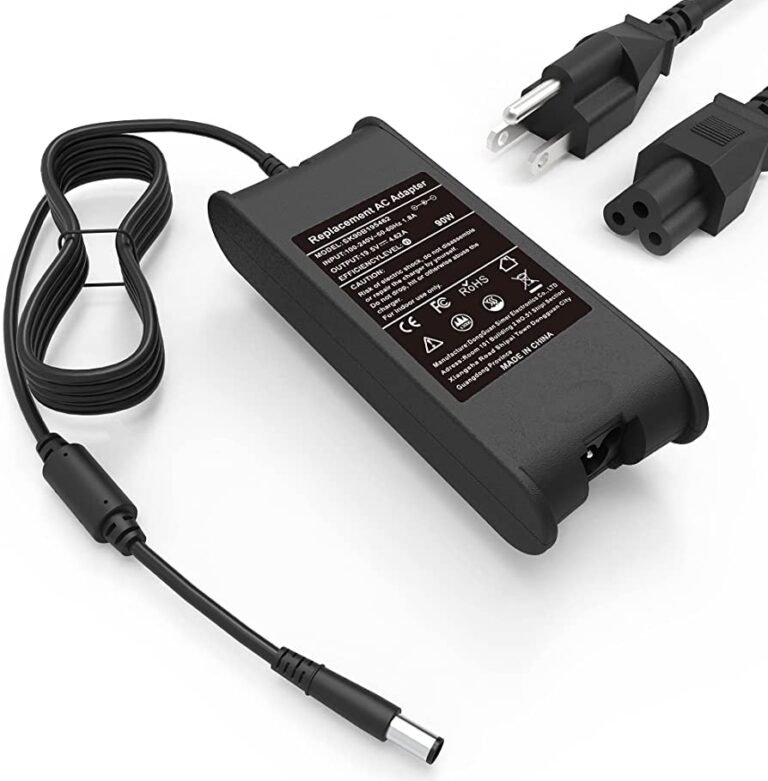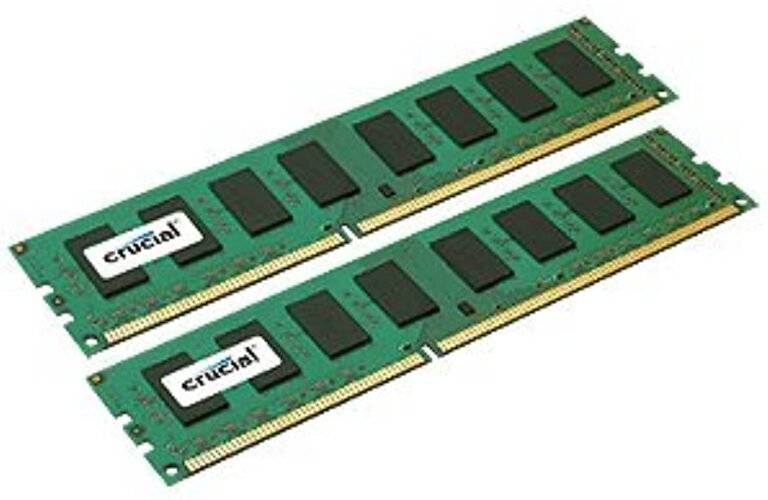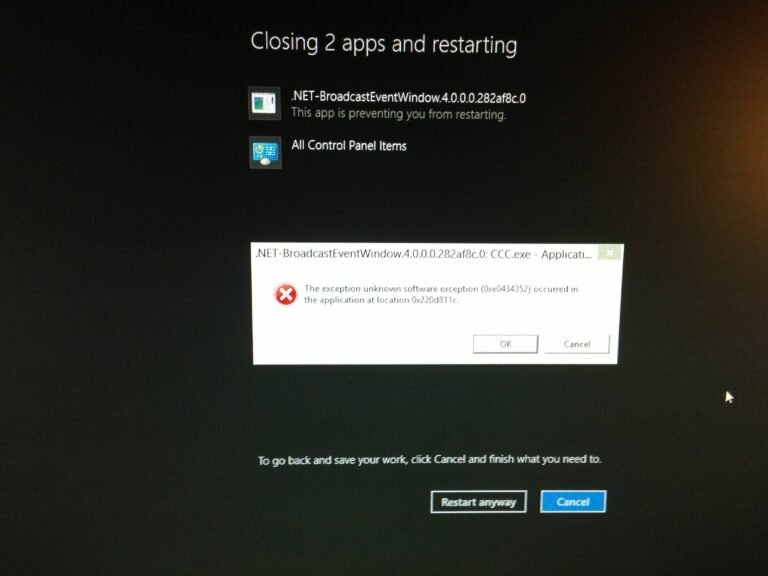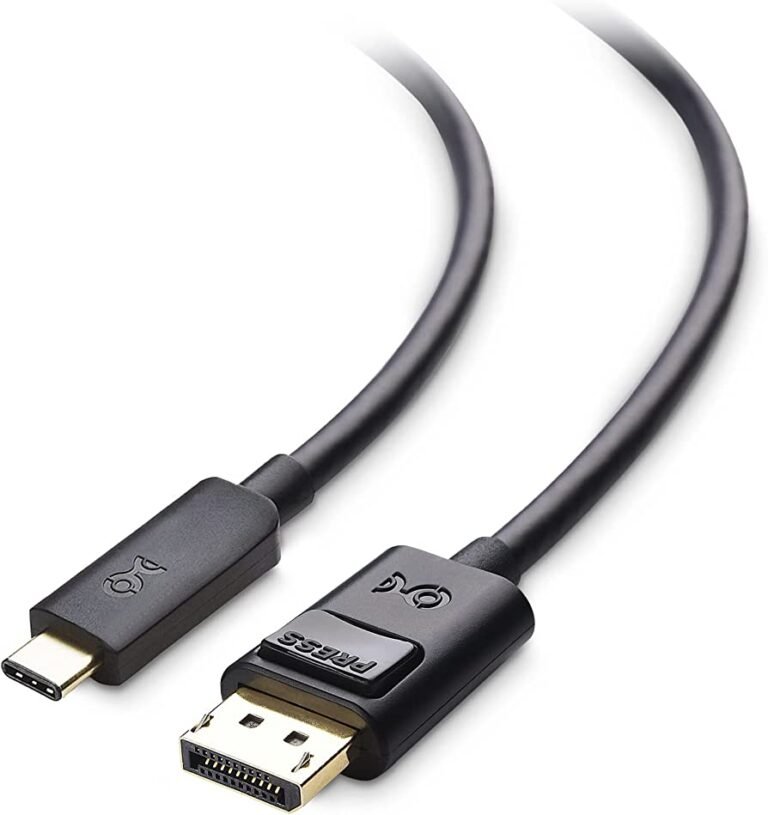Does Having 3 Monitors Affect Performance
No, having three monitors will not affect performance. This is because the number of monitors does not affect the amount of resources that are used. The only time that having more than one monitor would affect performance is if the resolution or refresh rate was different between the two displays, which would cause issues with image quality.
If you’re a power user, or if you simply want to increase your productivity, having multiple monitors is a great way to do it. But does having 3 monitors affect performance?
The short answer is: no, having 3 monitors will not affect performance.
In fact, in most cases it will actually improve performance because you’ll have more screen real estate to work with.
Of course, there are always exceptions to the rule and your mileage may vary depending on what type of setup you have. But in general, having 3 monitors is a great way to boost productivity and improve your workflow.
Does Having Dual Monitors Lower Performance Reddit
If you work in an office, chances are you’ve considered adding a second monitor to your setup. After all, having two screens can make it easier to get your work done and be more productive. But is it really worth the investment?
According to a recent Reddit thread, the answer is “no.” In fact, several users reported that they found their productivity actually decreased when they switched from one screen to two.
So why does having two monitors lower performance?
There are a few possible explanations.
First, it can be harder to focus when you have two screens. With more information available at once, your brain has to work overtime to process it all.
This can lead to information overload and make it difficult to stay on task.
Second, working on two monitors can also be distracting. If you’re trying to concentrate on a specific task on one screen, notifications or other activity on the other screen can quickly break your concentration.
Not only does this impact your productivity, but it can also lead to errors and mistakes in your work.
Does Having Two Monitors Affect Performance
It is a common misconception that having two monitors will negatively affect your computer’s performance. However, this is simply not the case. In fact, using two monitors can actually increase your productivity and efficiency when working on a computer.
There are many benefits to using two monitors. For one, you’re able to see more information at once without having to toggle back and forth between tabs or windows. This can save you time and help you be more productive.
Additionally, having two monitors gives you the ability to have different programs open on each screen, which can also boost your productivity.
Of course, there are a few things to keep in mind if you’re planning on using two monitors. First, your graphics card will need to be powerful enough to support an additional monitor.
Second, you’ll need to make sure that your desk or work area can accommodate two monitors side-by-side. But other than that, there’s no reason why using two monitors should slow down your computer or affect its performance in any negative way. So if you think it might help boost your productivity, don’t hesitate to give it a try!
Does Having 2 Monitors Lower Fps
Having two monitors does not lower your FPS. In fact, it can actually improve your gaming experience by providing a wider field of view. However, there are a few things to keep in mind if you’re thinking about using two monitors for gaming.
First, make sure that your graphics card is powerful enough to support two monitors. Second, you’ll need to configure your game’s settings to take advantage of the extra screen real estate. Finally, be prepared for some potential input lag when using two monitors.
Overall, though, having two monitors won’t decrease your FPS – it may even improve it!
Does Having Multiple Monitors Affect Gpu
If you’ve ever wondered whether having multiple monitors affects your GPU performance, the answer is yes… and no. It all depends on what you’re using your extra monitor (or monitors) for.
If you’re simply using an extra monitor to extend your desktop so that you can have more workspace, then there’s no real impact on GPU performance.
However, if you’re using that extra monitor for gaming or other graphics-intensive applications, then you may see a slight decrease in performance due to the fact that your GPU now has to render images for two (or more) displays instead of just one.
Interestingly enough, even if you’re not using your extra monitor(s) for anything demanding, having them turned on can still impact GPU performance. That’s because most GPUs will automatically downclock themselves when they detect that they’re not being used to their full potential in order to save power.
So, if you have an unused monitor or two connected to your PC, it’s likely that your GPU is running at a lower clock speed than it could be.
All things considered, unless you’re regularly taxing your GPU with demanding tasks or need every last ounce of its power, the impact of having multiple monitors connected is relatively small. So go ahead and enjoy the convenience and increased productivity that comes with a multi-monitor setup!
Triple Monitor Fps Drop
If you’re a PC gamer, you’ve probably considered upgrading to a multiple monitor setup. Maybe you’ve even taken the plunge, only to find that your frame rates have taken a hit. If so, you’re not alone—many gamers have experienced the same thing.
The reason for this is simple: when you render images for multiple monitors, your graphics card has to work harder than it would for a single monitor. And while modern GPUs are more than up to the task of driving two or even three monitors, they can still struggle with the extra workload. The result is lower frame rates and less-than-optimal gaming performance.
There are a few ways to mitigate this issue. First, make sure that each of your monitors is set to its native resolution—this will give your GPU the best chance of delivering high frame rates. Second, consider turning down some of the graphical settings in your games; doing so will reduce the workload on your GPU and help improve performance.
Finally, if all else fails, try connecting just one or two monitors—you may be surprised at how much better your games perform!

Credit: www.youtube.com
Is It Too Much to Have 3 Monitors?
No, it’s not too much to have three monitors. In fact, many people find that having three monitors can be incredibly helpful and increase their productivity. Here are a few benefits of having three monitors:
1. You can see more information at once: With three monitors, you can have different windows open on each screen and quickly glance between them to compare information or find what you’re looking for. This is especially helpful when you’re working with large amounts of data or doing research online.
2. You can boost your multitasking abilities: Having multiple screens means you can effectively multitask and get more done in less time.
For example, you could have your email open on one screen, a document open on another, and reference material open on the third. This allows you to quickly switch between tasks without losing your place or having to search for information again.
3. You can improve your ergonomics: If you set up your monitors correctly, you can actually improve your posture and reduce strain on your eyes and neck.
Having three monitors also gives you the flexibility to position them however is most comfortable for you, so it’s easier to find a setup that works well for you personally.
Does 3 Monitors Slow down a Computer?
No, 3 monitors will not slow down your computer. In fact, if you have the right graphics card, adding a second or third monitor can actually speed up your productivity by giving you more screen real estate to work with. Of course, there are a few things to keep in mind when setting up multiple monitors.
First, you’ll need to make sure that your computer has enough video outputs to support the number of monitors you want to use. Most modern computers come with at least two video outputs (one HDMI and one DisplayPort), but if you want to connect three monitors, you may need to invest in a graphics card with additional video outputs.
Second, it’s important to consider the resolution of your monitors when setting up multiple displays.
If all of your monitors are 4K resolutions, then you’ll need a powerful graphics card that can handle the increased load. However, if you’re using lower resolutions like 1080p or 1440p, then any decent graphics card should be able to power three displays without any issues.
Lastly, make sure that your desk is large enough to comfortably fit all of your monitors!
Trying to cram three big screens onto a small desk will just end up being frustrating and counterproductive. With those considerations in mind, feel free to enjoy the benefits of having multiple monitors without worry about slowing down your computer.
Does Triple Monitor Affect Gpu?
No, triple monitor does not affect the GPU. The only time it would be an issue is if you are trying to game on all three monitors at once, which would put a strain on your graphics card and could potentially cause problems. Otherwise, having three monitors should not have any impact on your GPU whatsoever.
Do Multiple Monitors Affect Performance?
The short answer is: it depends.
For the most part, having multiple monitors shouldn’t have a negative impact on performance. In fact, in many cases it can actually improve productivity by giving you more screen real-estate to work with.
However, there are a few things to keep in mind that could potentially affect performance.
First, if your graphics card isn’t powerful enough to drive all of the monitors at once, you may see some slowdown. This is generally not a big issue unless you’re trying to run multiple high-resolution monitors or gaming on one while working on the others.
Second, your computer’s CPU also has to juggle processing power between all of the different screens – so if you’re running lots of resource-intensive applications on all of your monitors simultaneously, that could lead to some slowdown as well. Finally, if your desk isn’t set up ergonomically for multiple monitors – meaning the screens are too far away or at awkward angles – that can lead to neck and eye strain which can reduce productivity over time.
Overall though, as long as you keep those potential issues in mind, adding an extra monitor (or two) shouldn’t have any significant impact on performance – and may even help boost your productivity!
DO MULTIPLE MONITORS HURT GAMING PERFORMANCE?
Conclusion
Yes, having three monitors can affect your computer’s performance. If you have a lot of programs open, or if you are running graphic-intensive programs, you will likely see a decrease in performance. However, if you just have a few programs open and are not doing anything too strenuous, you probably won’t notice much of a difference.
Ultimately, it depends on how you use your computer and what kinds of tasks you are performing.










